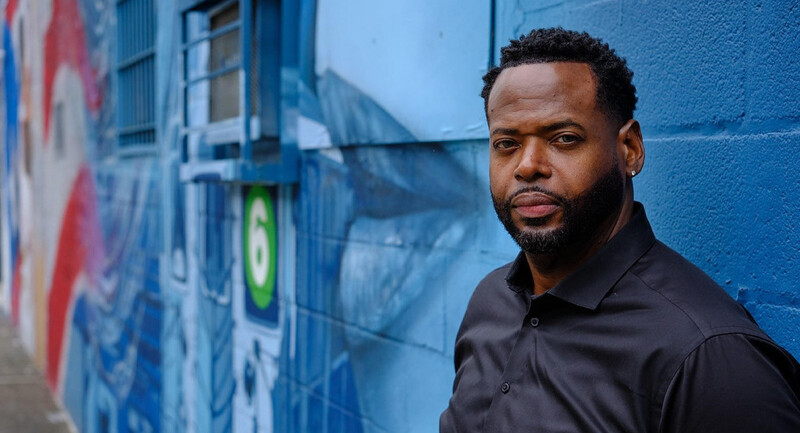Teacher observations: As a school leader, you might see them as an opportunity to help teachers reflect on their pedagogy. We know observations can lead to important changes, but we cannot stop at focusing only on the lesson being taught. Observations should not be mere transactions, short visits that result in us sharing our judgments and handing out recommendations to teachers. Rather, they should be part of a transformational exchange that develops trust and leads to growth among students, teachers, and us as leaders. The observation’s focus on instruction is just the beginning.
It isn’t always easy to remember that an observation is an opportunity to build relationships with teachers. Too often, observations are a low priority. Our schedules are packed and it can be difficult to carve out time to “just to watch a lesson.” Observations can also make everyone involved a bit uncomfortable. Regardless of what we say or how we present ourselves, the process reinforces a hierarchy of sorts, positioning the principal as an expert on curriculum and instruction (regardless of whether that is accurate). That sort of dynamic elicits caution and insecurity in many teachers, fears that can inhibit their trust and growth.
But it doesn’t have to be that way. When teachers and administrators understand and trust one another, their communication improves, their collaborative efforts are supported, and students benefit. Changing how observations are viewed and performed can play a big role in facilitating that trust and collaboration.
The perception that observations can provide support and foster trust between teachers and principals was reinforced during a Zoom session I recently convened with a group of principals. These monthly sessions usually include 10–20 participants from public, religious, charter, and independent schools. They come from a variety of states, have a diverse range of experiences, and lead schools with contrasting student populations.
As the topic of teacher observations came up in our latest chat, no one referred to them as potentially “transformational,” but it was obvious that the word was on everyone’s mind.
Building Trust
Several principals talked about the value of using observations to build trust and create psychological safety. One leader said, “I want to establish trust and have the observation be part of a dialogue, so I don’t take my laptop to the classroom. In fact, I don’t write [down anything] while I’m there. I participate as if I was one of the students.” She takes notes immediately afterward, however, to help prepare for the post-observation feedback session.
Another principal explained that prior to conducting teacher observations, he asks teachers the areas in which they would like feedback. Yet another principal poses this question to teachers in advance of an observation: “What instructional strategies will you be working on?” The answer helps the leader frame the focus and feedback of the observation.
During the Zoom call, one leader noted that prior to his post-observation conferences with teachers, he asks them to rate the quality of their lesson on a scale of 1 to 10. “No one thinks their lesson is a 10,” he said, “and this question elicits reflection and opens the door to talking about why it wasn’t a 10 and what should have been done differently.”
It is important to view these follow-up conversations developmentally. That is, we need to recognize and appreciate a teacher’s capacity to hear some negative feedback and give it in a way that doesn’t cause defensiveness so that it will be heard and hopefully acted upon. This is an opportunity to show our empathy–to let the teacher know that we understand how she is feeling because we’ve felt that way too when we were teachers (and, in fact, feel that way now, as principals, when we receive criticisms).
Sharing Our Mistakes
Most importantly, school leaders need to communicate that pedagogical perfection is off the table; we are looking for growth and effort. And to encourage that, we need to be sure to offer more positives than negatives. We must cite the successes far more than we note what didn’t go well. I’ve tried to achieve a ratio of five positives to every negative, and even though I rarely succeed, that goal helps me stay focused on the good things that I am seeing.
By keeping these conversations affirming—yet still constructive—we can help teachers feel safe enough to try new ideas. “I want them to know that we are on the same team,” one principal noted.
Likewise, I often reminded my teaching staff of one of my favorite slogans—“make new mistakes”—when I scheduled an observation. “I want you to get out of your comfort zone,” I would say, “and try something new. If it fails, I will ask you what you learned.”
Perhaps the best way to convey that making mistakes is part of the learning process is to share the mistakes we make in our learning. For example, when our patience runs thin with a parent or student, or when we try to pack too much into a faculty meeting and the results are disastrous.
As a school leader, showing a little humanity can go a long way.
Special thanks to the school leaders who Zoomed with me on this topic: Kim Bilanko, Karen Barker, David Bosch, Diane Dymond, Ann Klotz, Lorinda Krey, Grace Lee, Adrianne Finley Odell, and Emily Roth. I appreciate their commitment and insights!
Leadership Series
Do you want more from Tom Hoerr on leadership? Check out his three most recent posts on team productivity, decluttering the classroom, and owning up to leadership mistakes.





